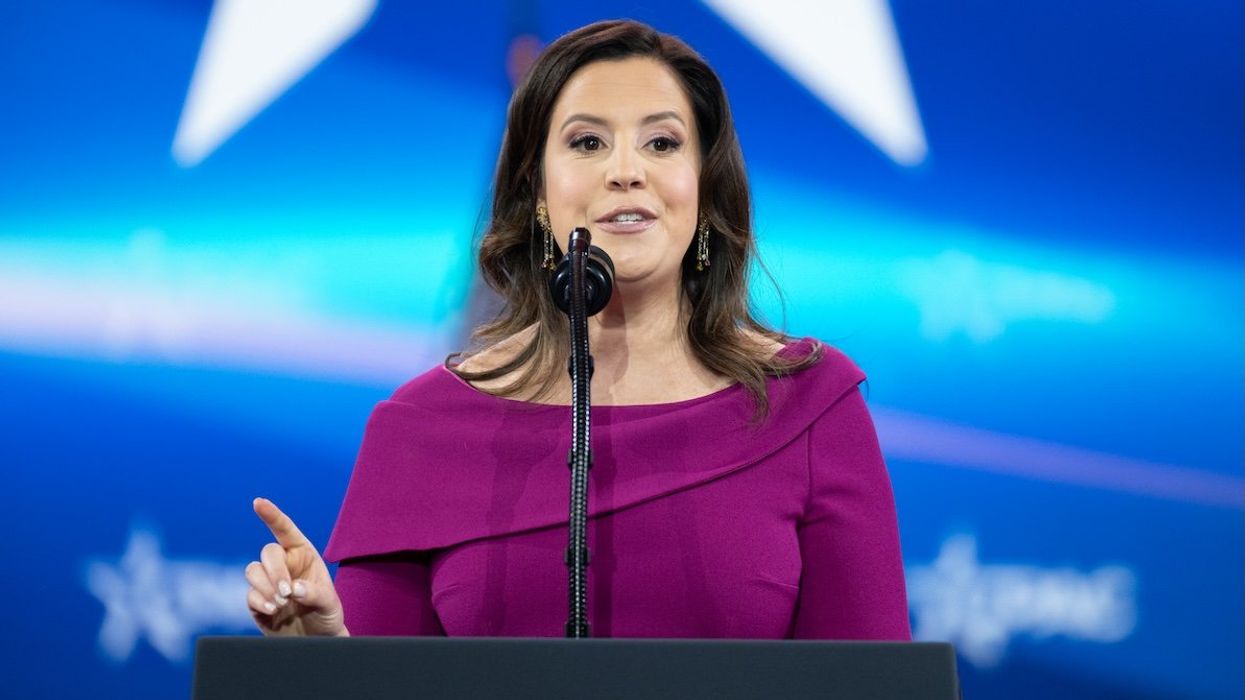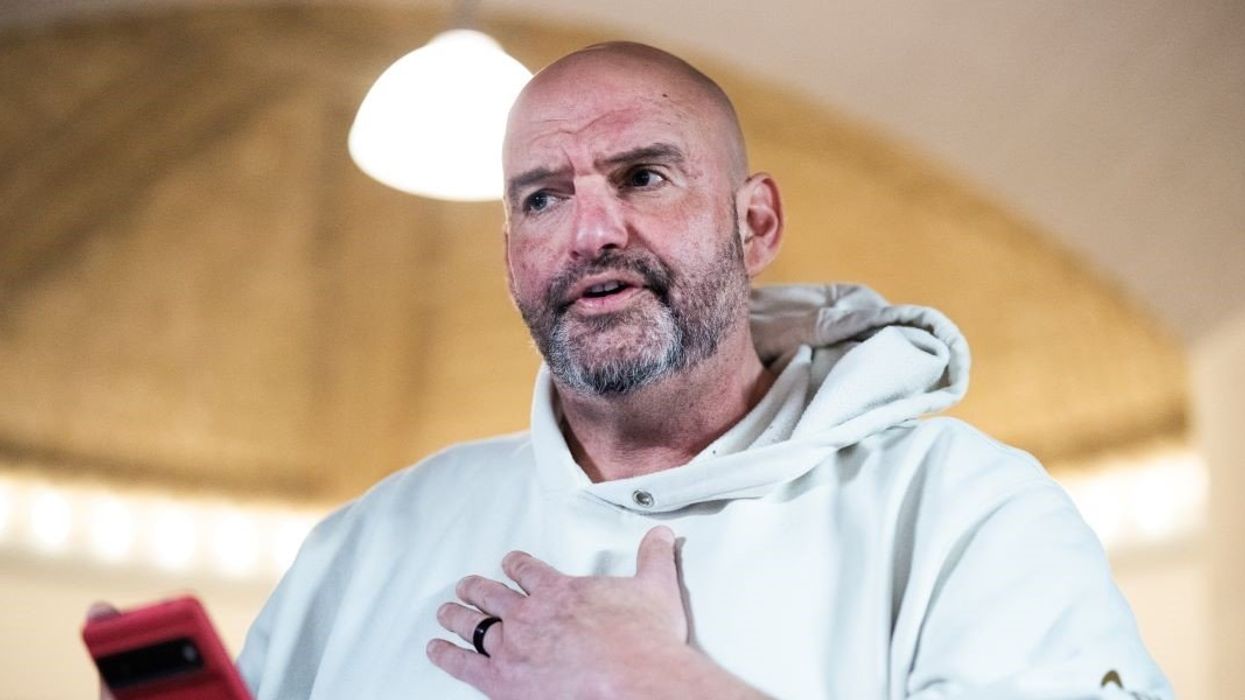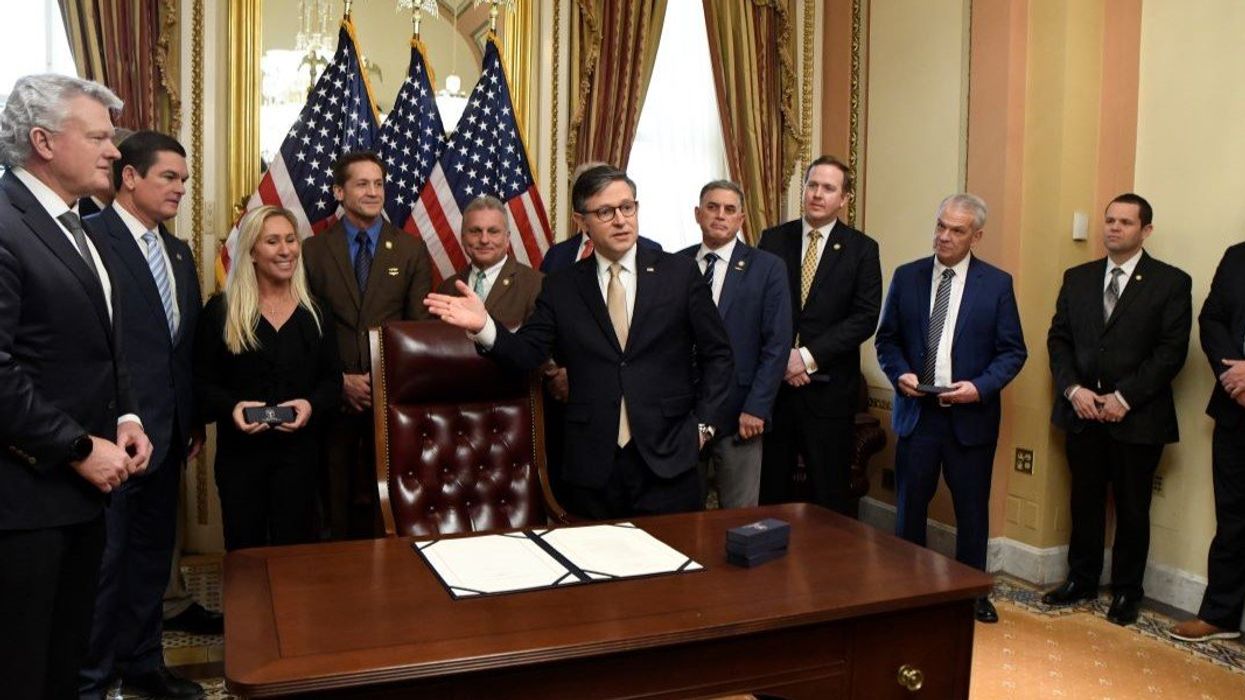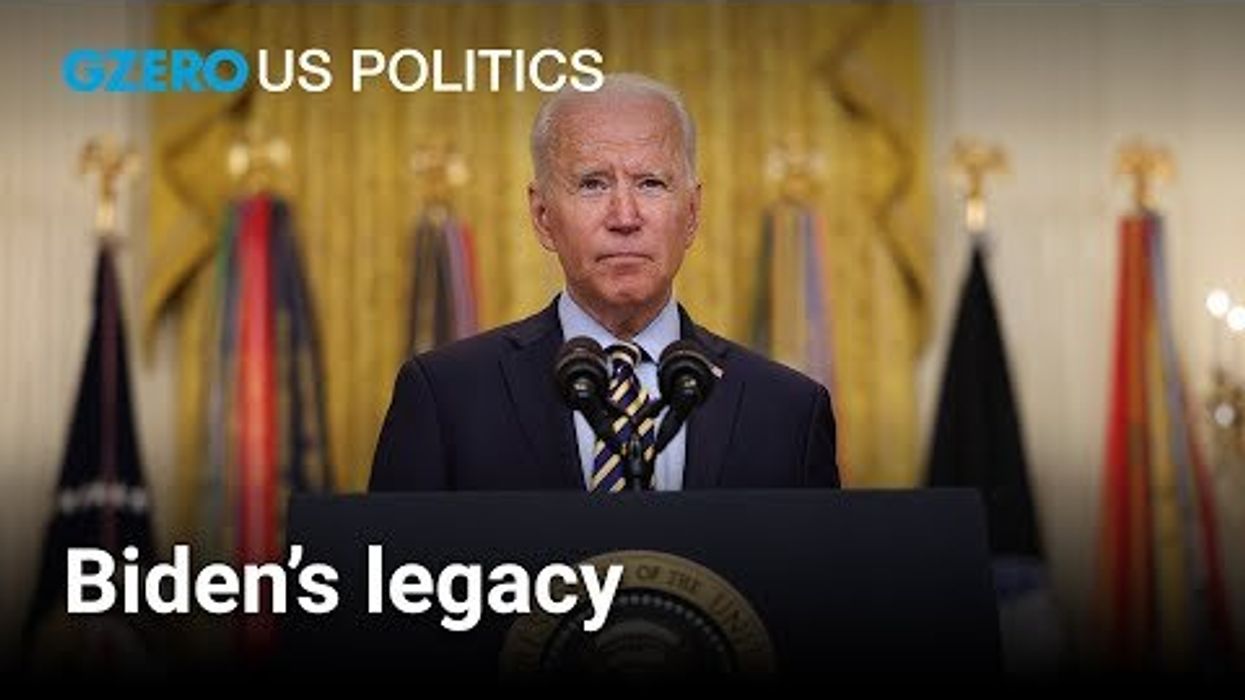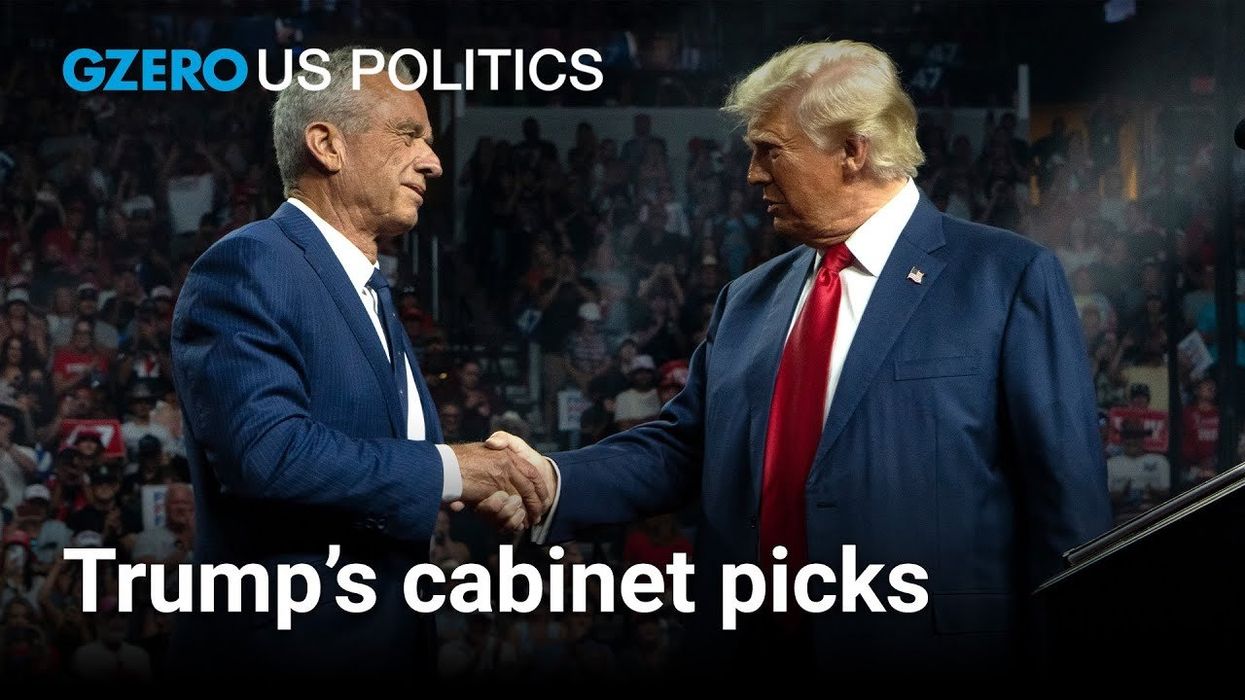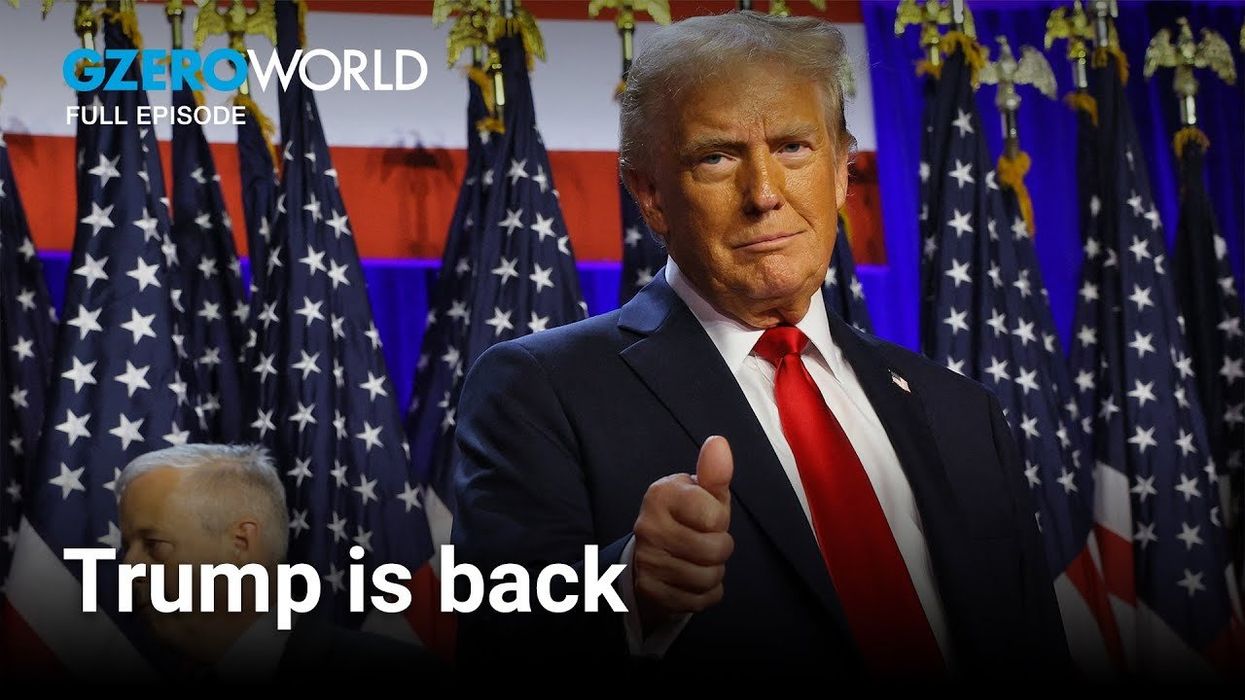ask ian
Could Trump have handled the Epstein issue any worse?
Could Trump have handled the Epstein files any worse? Ian Bremmer says the former president came close, first opposing the release, then reversing course once it was clear he was losing Republican support in Congress.
Nov 17, 2025




